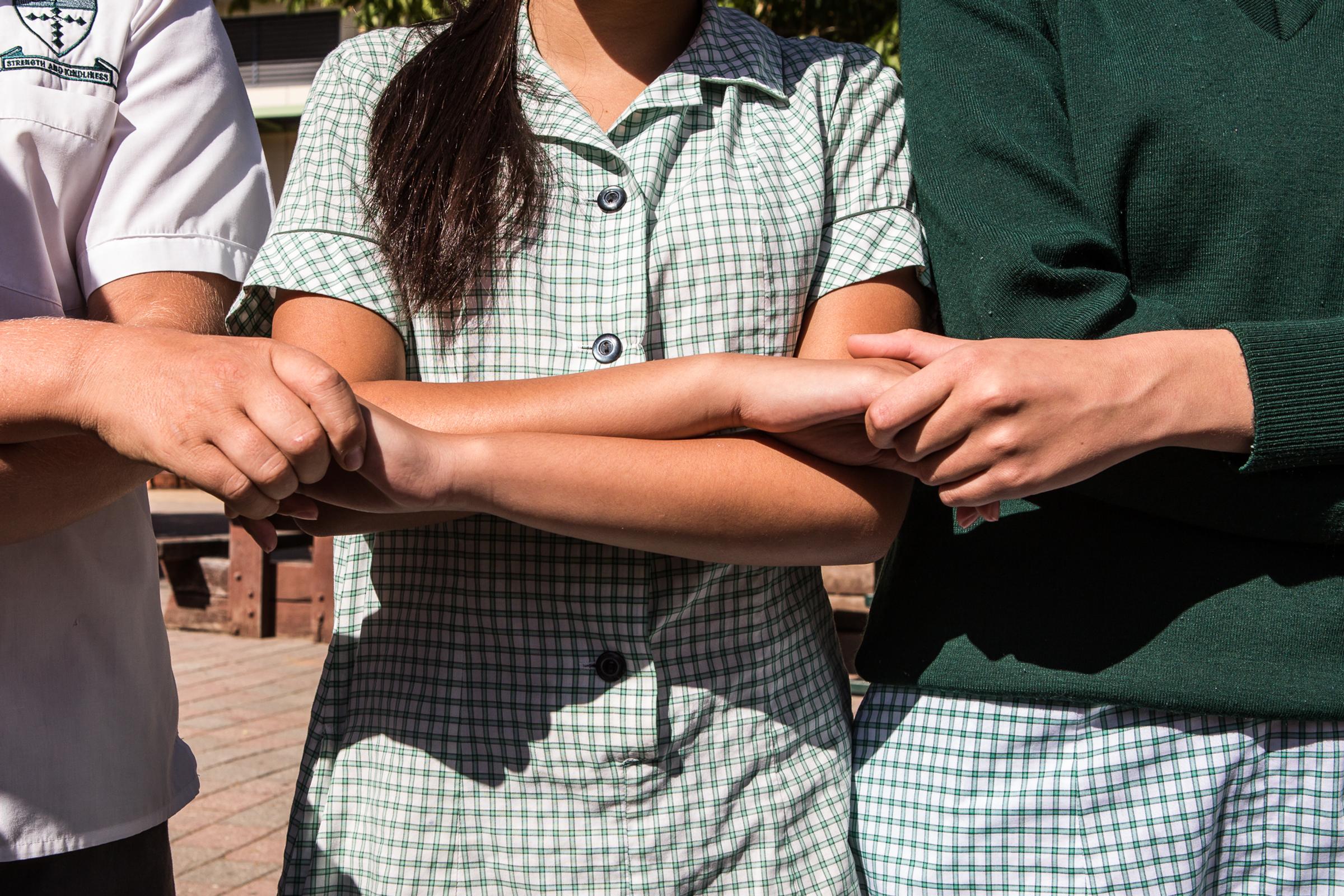Pastoral Care and Wellbeing

Giving Thanks
Giving thanks or gratitude is well researched and documented. It is one of the many positive emotions that focus on the good in our lives. Some studies have found that those who expressed gratitude were more optimistic and felt better about their lives.
The habit of gratitude not only helps us feel good but it can also be good for us.
Brain research has shown us that positive emotions:
- open us up to more possibilities.
- balance out negative emotions.
- lead to other positive emotions such as being calm, joyful or happy.
- lead us to positive actions.
- open us up to reach our optimal performance, have better sleep and be less fatigued.
Expressing gratitude is a way for us to re-focus on what we have and not what is lacking. Each time we create the opportunity to express gratitude our mental state improves and grows stronger. Here are some examples of what these opportunities may look like:
- Writing a thank you note. Given that Mother’s Day is just around the corner why not consider writing a thank you note to our mothers or special females in our lives.
- Thank someone mentally. When someone has done something nice to you, or for you, mentally thank them.
- Keep a gratitude journal. Make it a habit to list the great parts of your day.
- Count your blessings. Pick a time each week to write what went right and what you are grateful for.
For our learners, gratitude fosters a cognitive restructuring and reduces stress. The impact of practicing gratitude allows for our child/children have a greater ability to focus in class and remain resilient when difficulties are experienced. As Term Two progresses, our Year 10 and 11 learners will experience exams and other year levels will have several assessments, across all thier subjects. Starting this term off by creating a routine of gratitude acknowledgement creates an additional support mechanism to reduce stress and create calm.
When our learners are academically challenged and start to feel pressure to perform, this simple exercise and routine can increase the chance of them accessing their potential when needed.
School TV
To access fact sheets, videos, interviews, information and resources please access our SchoolTV:
https://sje.vic.schooltv.me/newsletter/sexting
Suzanne Pola
College Leader - Student Wellbeing and Care
